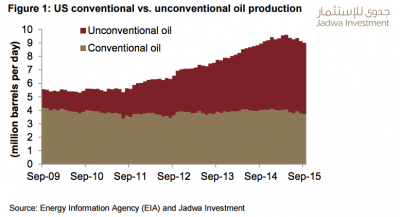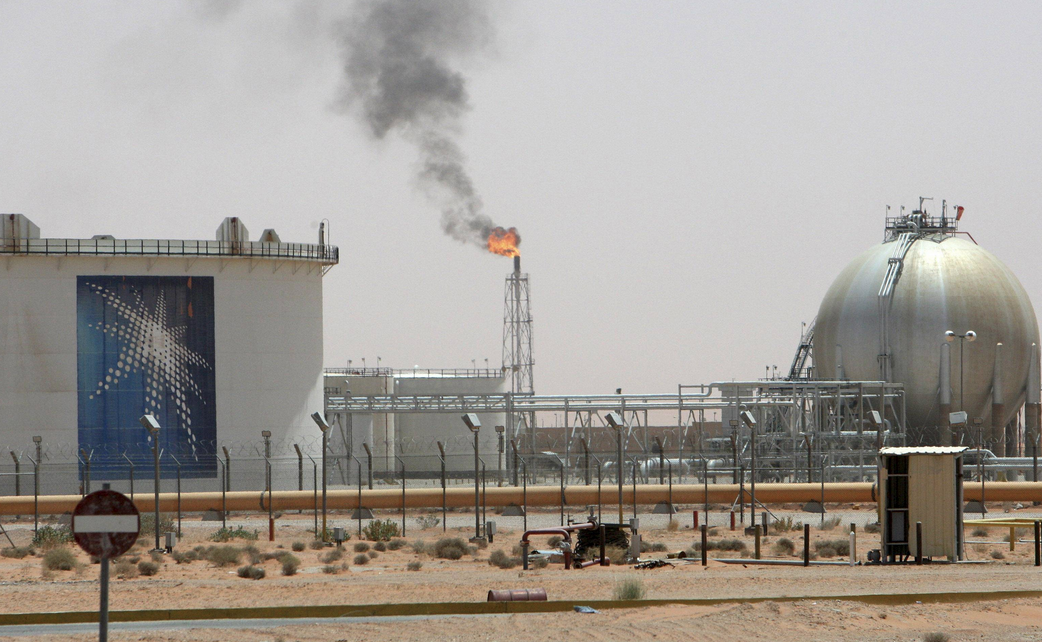Consumers stand to benefit from an extended period of lower oil prices, but a prolonged period would “trigger energy-security concerns by heightening reliance on a small number of low-cost producers, or risk a sharp rebound in price if investment falls short,” the International Energy Agency (IEA) said in its 2015 World Energy Outlook publication (WEO-2015).
The report, published on November 10th, 2015, re-energizes the debate on energy security and “dependence” on foreign oil as the United States approaches a presidential election year.
The IEA said that new investment in energy projects is likely to fall, and today, Total’s CEO announced that his company would scale back investment by several billions to reflect the new realities of a lower price of oil. Oil is predicted to rise again to $80 a barrel, but not until 2020, the agency forecasts.

The IEA says that oil producers with lower costs will be strengthened by a prolonged low price of oil.
“In the central scenario of WEO-2015, a tightening oil balance leads to a price around $80 per barrel by 2020. But WEO-2015 also examines the conditions under which prices could stay lower for much longer. Since prices at today’s levels push out higher-cost sources of supply, such a scenario depends heavily on the world’s lower-cost producers: reliance on Middle East oil exports eventually escalates to a level last seen in the 1970s,” the agency said.
“Now is not the time to relax,” IEA executive director Fatih Birol said in a statement. “Quite the opposite: a period of low oil prices is the moment to reinforce our capacity to deal with future energy security threats.”
The report (download here) addresses the following questions:
•Could oil prices stay lower for longer? What would it take for this to happen and what would it mean for energy security and for the energy transition?
•India is set for a period of rapid, sustained growth in energy demand: how could this re-shape the energy scene?
What do new climate pledges mean for the way that the world meets its rising needs for energy?
What are the implications of the rising coverage of energy efficiency policies and the growing competitiveness of renewables?
•Is the unconventional gas revolution going to go global or to remain a North American phenomenon?
The report spurred a flurry of commentary including:
Bloomberg – IEA Sees OPEC Market-Share Growth in 2020 as Rivals Stagnate
MarketWatch – OPEC’s strategy could keep Brent at $50 for years: IEA
Reuters – IEA history lesson makes $100 oil more likely
Christian Science Monitor – IEA: Global power balance tipping irreversibly toward renewables
Fuelfix – IEA: Cheap oil era could boost reliance on Middle Eastern crude









